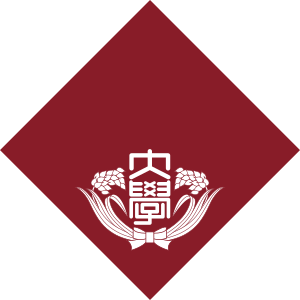 601-700
601-700 


Waseda University was founded in 1882 by Shigenobu Okuma, later Prime Minister of Japan, on the three pillars of “independence of learning,” “utilization of knowledge,” and the “creation of good citizenship,” with the overarching aim to cultivate leaders in Japan. Over the years it has stayed true to these founding principles, educating six prime ministers and the heads of major corporations, and countless other business leaders, politicians, journalists, diplomats, scholars, scientists, inventors, actors and writers. Originally a college, Waseda today is a comprehensive research university with thirteen undergraduate and twenty-four graduate schools, multiple centers, institutes, and affiliated institutions, widely acclaimed as one of Japan’s top universities. For all it is and has become, Waseda stays attuned to global trends and tries to remain ahead of change. On the 125th anniversary of its founding in 2007, Waseda issued its “Second Century Declaration” and recommitted itself to creating a world-class institution with a global campus. With a current student body of over 50,000 drawn from across Japan and over 90 countries worldwide, Waseda is creating a new chapter in its history. It has working agreements with over 400 institutions abroad and receives more international students than any other Japanese university. Its own students travel widely for study and its faculty collaborate routinely on international research. Waseda enjoys close ties with Peking University and works with it and other Chinese universities in forging new alliances within Asia. With four other top Japanese universities it has established in Washington D.C. the U.S.-Japan Research Institute, which studies all aspects of relations between their countries and examines policy options. Waseda’s founding commitment to cultivating leaders means to honor tradition while restlessly seeking new ways to think and to act. Such is the Waseda spirit.
 601-700
601-700 
| Subject | Rank |
|---|---|
Telecommunication Engineering | 151-200 |
Computer Science & Engineering | 201-300 |
Economics | 201-300 |
Political Sciences | 201-300 |
Mathematics | 301-400 |
Physics | 401-500 |
Chemistry | 401-500 |
Electrical & Electronic Engineering | 401-500 |